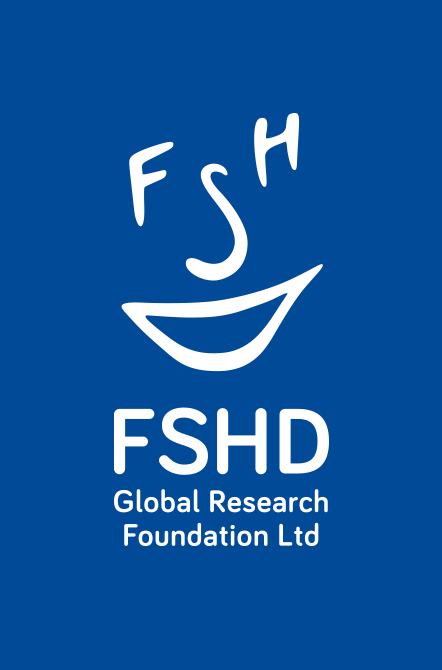GRANT 17
Research Institution: University of Mons, Mons, Belgium andUniversity of Western Australia
Principle Investigator: Prof Alexandra Belayew and Dr Steve D Wilton
Type: Collaboration
Project title: “Evaluation of antisense strategies to suppress DUX4 expression in FSHD”
Status: Completed
Summary
Facioscapulohumeral muscular dystrophy (FSHD) is a frequently inherited, common form of muscular dystrophy in adults, characterized by progressive wasting of muscles from the upper to the lower parts of the body. Patients have either lost a small piece of chromosome 4 or have some other genetic defect that causes the inappropriate activation of several genes, among which Professor Belayew’s group identified DUX4 in 1998. Most researchers in the field now consider DUX4 activation as causing FSHD and the resulting DUX4 protein as a sort of crazy orchestra conductor which activates or silences many genes abnormally in FSHD muscle cells.
At the University of Montpellier (France), Prof. Dalila Laoudj-Chenivesse has prepared muscle cells derived from FSHD or healthy biopsies and kindly provided them to Prof. A. Belayew’s group. These cells were grown in the laboratory in plastic dishes and were used to study the disease.
Céline Vanderplanck, a young researcher in Prof. A. Belayew’s group, has tested for inhibition of production of the DUX4 protein in FSHD muscle cells, usingsynthetic forms of genetic material (DNA) called antisense oligonucleotides (AO). This study is a collaboration with Professor Steve Wilton (University of Western Australia) who has extensive experience in using these synthetic DNA compounds to restore the dystrophin protein expression in children affected with Duchenne muscular dystrophy. Together with Eugénie Ansseau Ph.D., Céline has now shown that some AOs were very efficient at suppressing the DUX4 protein expression in FSHD muscle cells grown in the laboratory. Moreover, these AOs also prevented development of the wasting typically seen in these cells. In this report they evaluated whether these AOs could prevent DUX4 expression in muscles of mice exhibiting symptoms of FSHD, developed in Prof. Scott Harper’s laboratory at the State University of Ohio, Colombus, USA. Eugénie joined the Columbus research group for three months last summer to test some of Céline’s successful AOs. The mice had been injected in a leg muscle with a defective virus carrying the gene that produced DUX4, causing muscle wasting. In the first set of experiments the virus carrying the DUX4 DNA was injected together with an AO. The mice were euthanized several weeks later and the tissues shared between the Colombus and Mons laboratories for analysis by Eugénie and Céline, showing the AO had efficiently reduced DUX4 expression. These experiments have to be repeated with different AO doses to confirm the apparent lack of toxicity and the beneficial effects (efficacy). This study is a further step in the path that may lead to the development of drugs to treat FSHD in humans.




